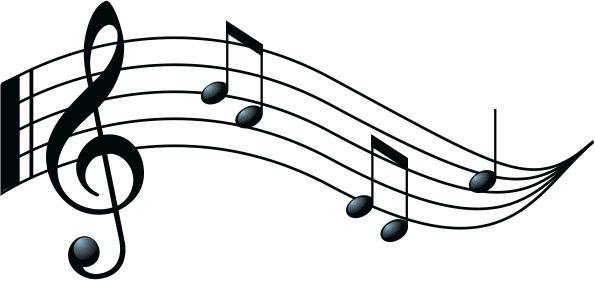By Glen R. Goodhand
Musical Memories
This land is your land, this land is my land,
From Bonavista to Vancouver Island
From the Arctic Circle to the Great Lake waters,
This land was made for you and me! (Canadian Version)
At first glance this would appear to be a prototypical patriotic anthem. In fact, at one point, the original American composition was being held up as a replacement national anthem for the United States of America, the land in which it was born.
Strangely enough, it is actually a backhanded protest song written by Woody Guthrie in reaction to the constant playing of Kate Smith’s ‘God Bless America’ in the 1930s. Originally he titled the piece ‘God Blessed America’ — in other words, “enough already, it’s been done.”
But as his intent changed, in a word, the last line of each of the verses expressed that it ‘was made for you and me’ not for the crooked politicians, lawyers, and business magnates who sought to manipulate it for their own selfish purposes.
Guthrie grew up during the Great Depression and became disillusioned at the poverty which spawned hopelessness for so many of the common people. Evidence of those who had feeding on the misfortune of those who had not only stirred his discontent. So he blamed the free enterprise system as the culprit. Communism’s ideal of the rich and the poor existing on equal footing captivated him.
He spent months at odd ends with life — walking, hitching, and riding the rails like a hobo on boxcars. He was sometimes jailed for vagrancy, as he searched for a “land flowing with milk and honey”, where his idealism could be realized.
I roamed and rambled and I followed my footsteps,
To the sparkling sands of her diamond deserts;
And all around me a voice was sounding:
This land was made for you and me.
Failing to find his Shangri La, his bitterness at the ‘establishment’ only deepened.
In the shadow of the steeple I saw my people,
By the relief office I seen my people
As they stood hungry, I stood there asking
Is this land made for you and me?
He penned this song in a flophouse in New York City, and finally recorded it in 1944. It became a marching song for the labour union movement which sought to correct injustice in the work place — in fact in any venue where inequalities reigned in the warp and woof of life.
The Canadian version was an adaption of the original, created by the folk-singing group, The Travelers, who were united by their belief is social reform. It was revived it the 1960s by artists like Bob Dylan, the Kingston Trio, and Peter, Pau and Mary.
Sadly, his disenchantment with society as it existed, contrasted with the one he envisioned, created further despair. So radical were his efforts to stir reforms that his first marriage crumbled. His health also deteriorated, when in the late 1950s a neurological disorder, Huntington’s Chorea, culminated with his death in a hospital in 1967.
He was a very talented musician, able to play several instruments. He composed over 1,000 songs. He acted out his irritation concerning injustice and unfairness in a way which stirred the public pot — perhaps undermining his good intentions.

